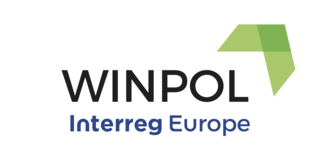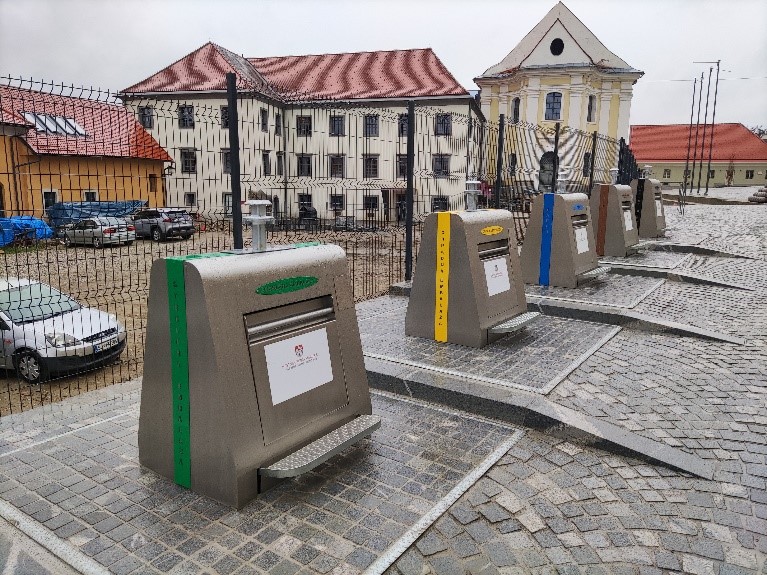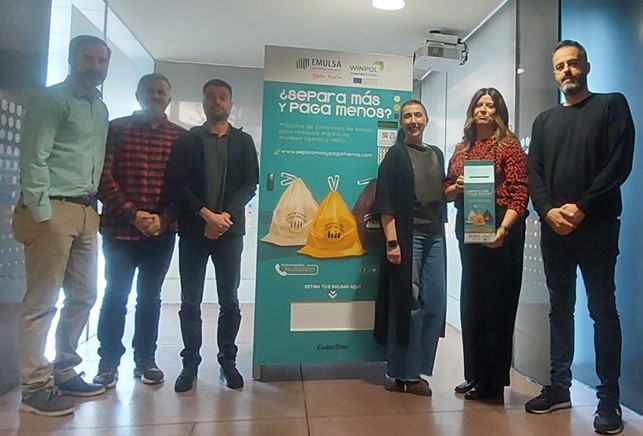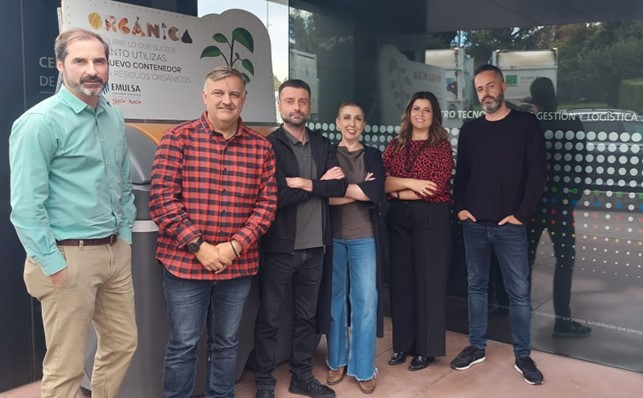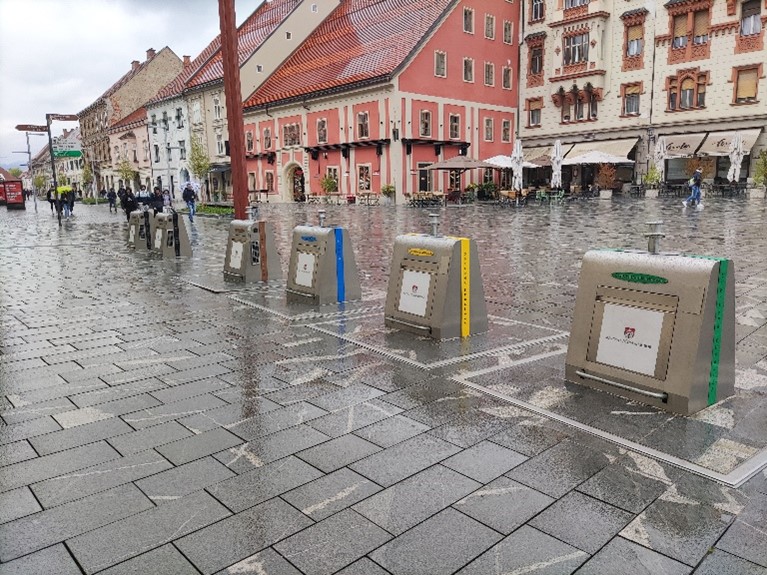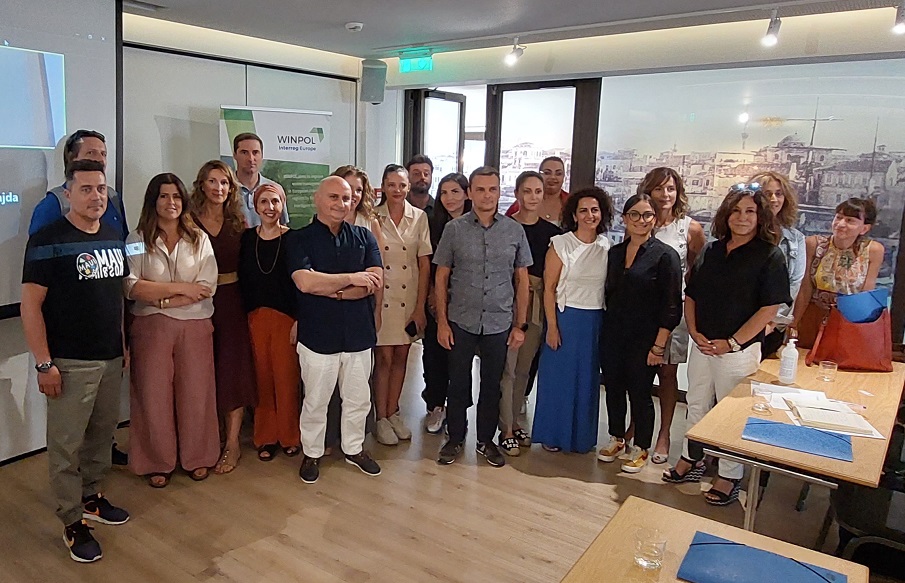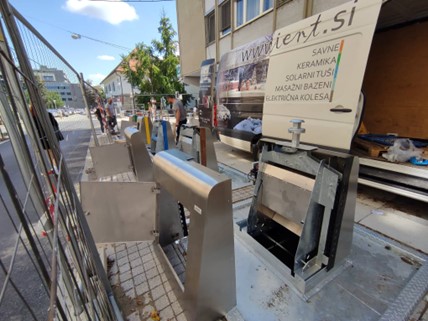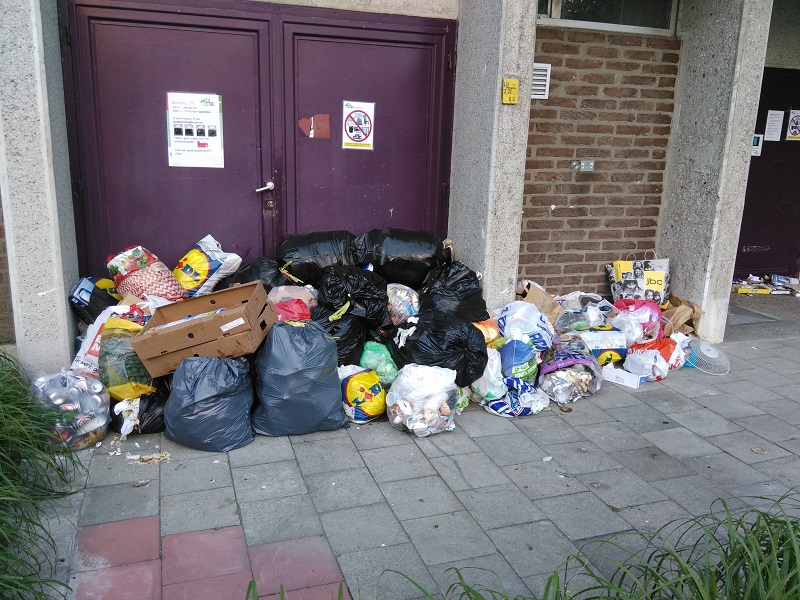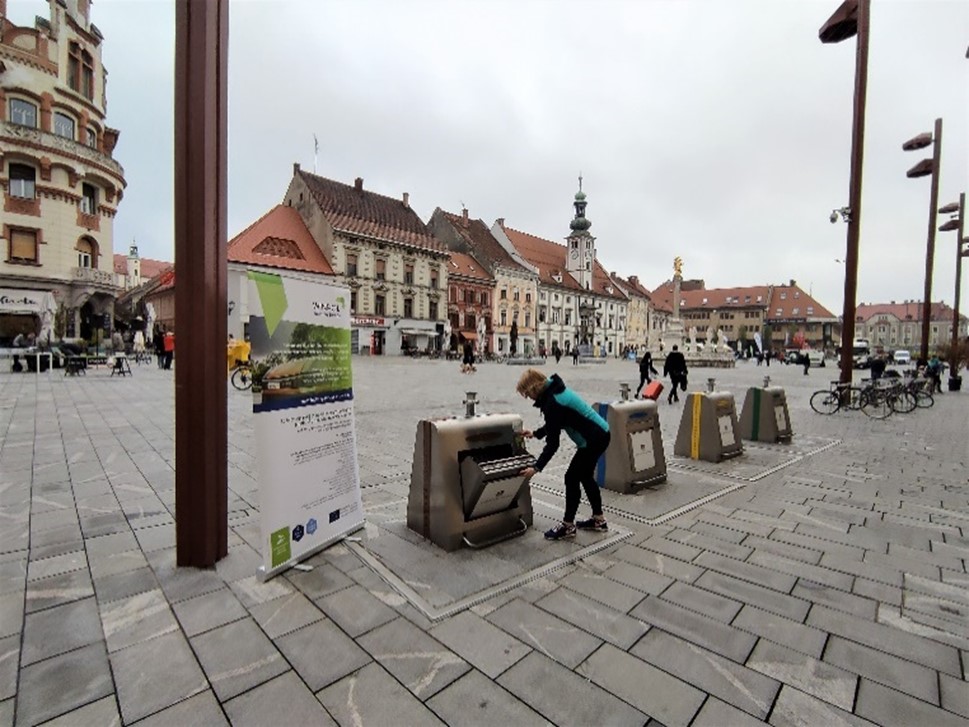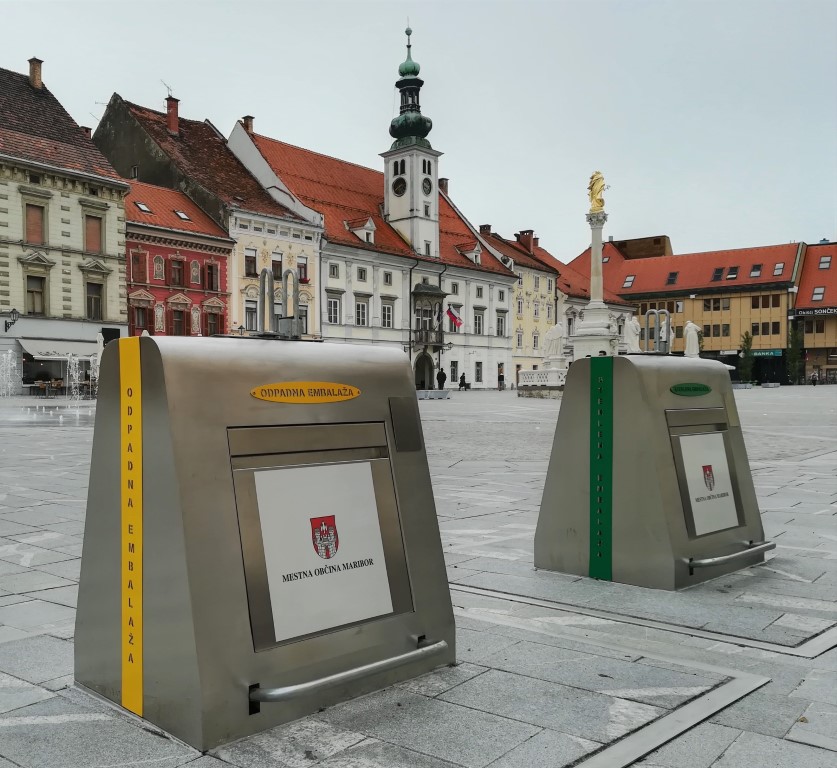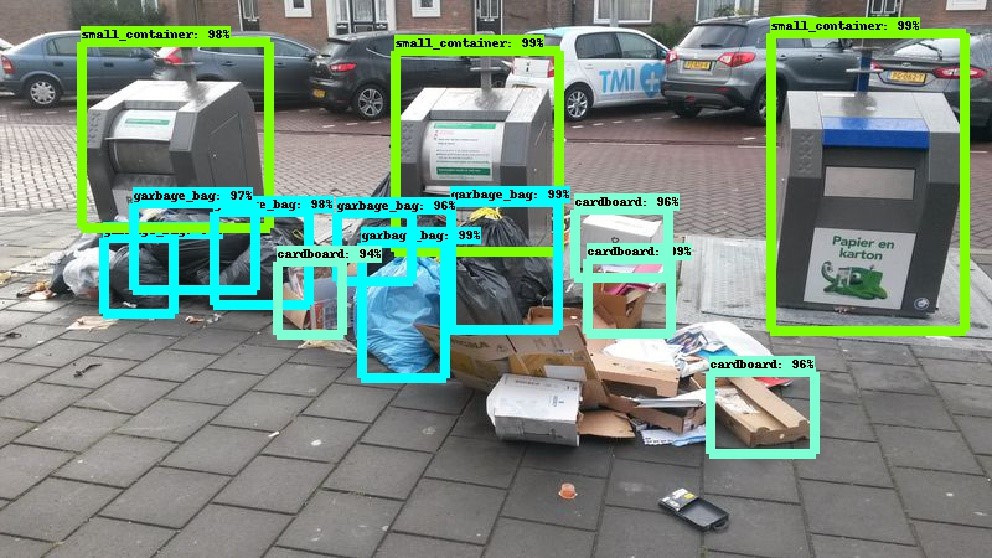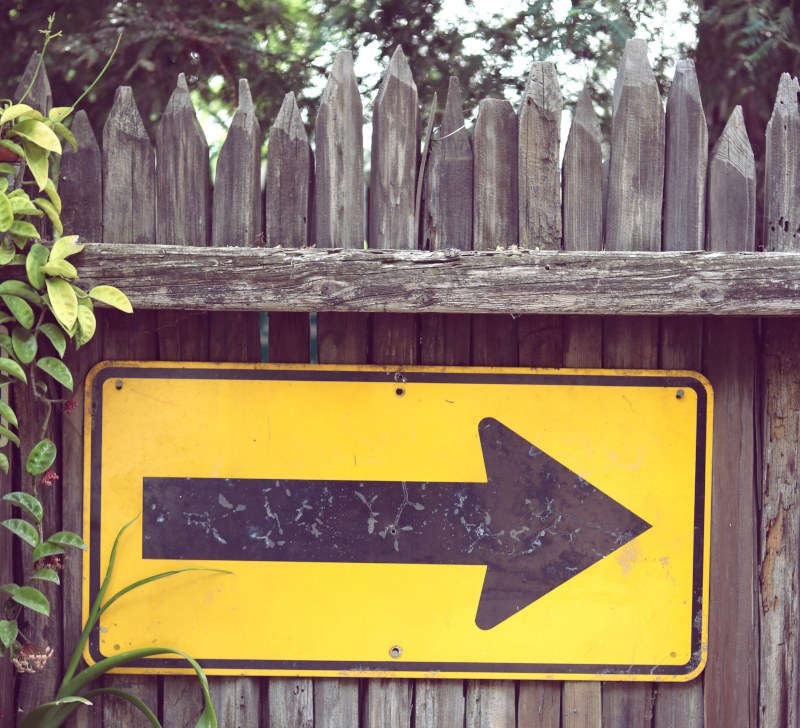After a first thematic seminar in May 2019 in Maribor, Slovenia, and a study visit to Imola, Italy, in October 2019, the WINPOL partners continued to exchange experiences during a second thematic seminar and site visits in Belgium. Hosted by the city of Antwerp from 19 to 21 November 2019 the event focused on innovative models for waste collection, prevention, and reuse and recycling.
In total, 11 practices were presented during the thematic seminar, covering the three aforementioned topics: prevention, collection, and reuse and recycling. While most of the practices are implemented by the WINPOL partners or their stakeholders, three practices were brought by external experts invited by ACR+, the Advisory Partner of the project.
The practices presented by the WINPOL partners are the following:
- Innovative Communication: the CAPS Contest (Drobeta Turnu Severin City Hall & Mehedinti County Council, RO)
- COOMIDA (EMULSA, ES)
- Pop-up container parks (City of Antwerp, BE)
- Compact trash bin (ERA, MT)
- Smart collection of Used Cooking Oil (UCO) and transformation into biodiesel (Region of Crete, GR)
- Second Chance (SNAGA, SI)
- Food 4 Feed: an innovative process for transforming hotels´ food waste into animal feed (Municipality of Heraklion, GR)
- Treatment of biodegradable waste in Mehedinti County (Drobeta Turnu Severin City Hall & Mehedinti County Council, RO)
The WINPOL project partners enlarged their pool of practices with two practices from the province of Styria in Austria: an initiative aiming to avoid single-use plastics during public events (G’scheit feiern – Party smart) and an initiative increasing reuse of items (the reuse box); and one practice from the Municipality of Apeldoorn in the Netherlands: a collection system organised in such a way as to make the separate collection of recyclable waste more convenient for citizens as compared to the collection of residual waste, giving maximum incentives to separate more and better, and to reduce the amounts of non-recyclable waste generated (reverse separate collection). All the presentations are also accessible on the event page.
The thematic seminar is part of the “Interregional Learning” phase of the European-funded project, during which project partners and their local stakeholders are working together to identify and exchange relevant good practices existing on their territories. In this regard several project partners already identified practices that they could replicate at home. For example, the model of a mobile collection centre (pop-up containers) developed by Antwerp caught the attention of the city of Maribor. Should the municipality be willing to install such containers, it will have the opportunity to learn about the practice in details as the project and the Interreg Europe programme encompass a dedicated funding for bilateral meetings.
In May 2020 a third and last thematic seminar will be addressing the issue of innovative tarification. After that, partners will select several good practices among those presented to transfer them on their territories. For this purpose, they will elaborate action plans which will be implemented during the second phase of the project, starting in December 2020. A handbook gathering all the practices explored by the project will also be published next year, available to all.
